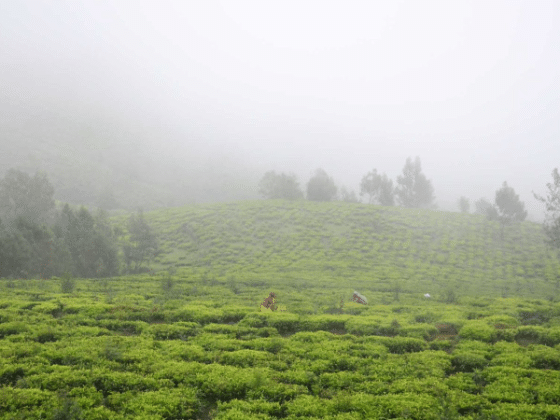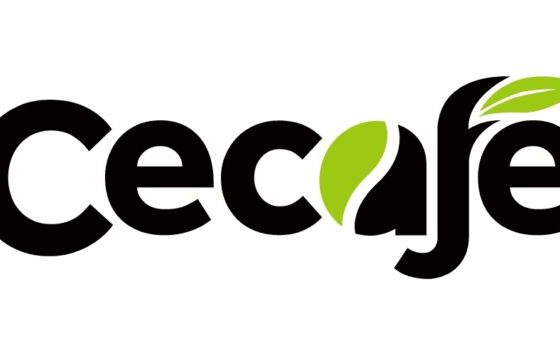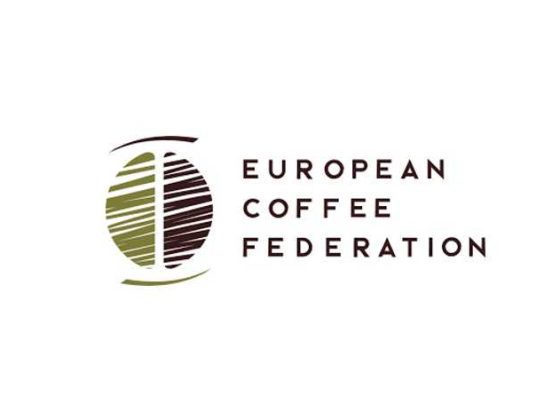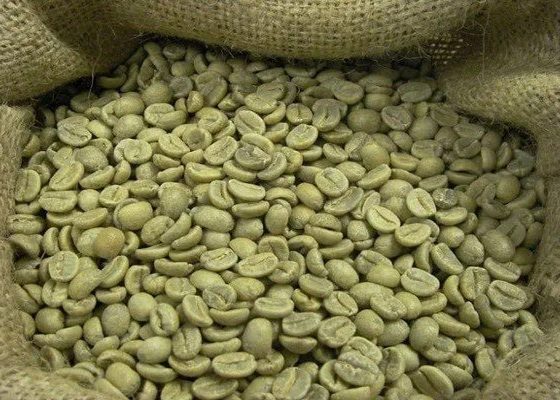The researchers found that frequent coffee drinkers — those who consumed four cups or more per day — had a 20 percent lower risk for developing malignant melanoma than those who drank less coffee. The researchers also observed the protective benefits of coffee increased the more a person drank. Decaffeinated coffee did not provide the same protective benefits.
The authors adjusted for other factors that might influence skin cancer rates, including ultraviolet radiation exposure, body mass index, age, gender, physical activity, alcohol consumption and smoking history.
While the results of this new study are encouraging for coffee drinkers, the authors say their findings are preliminary, and may not be applicable to other populations. «Because of its high disease burden, lifestyle modifications with even modest protective effects may have a meaningful impact on melanoma morbidity,» the researchers conclude.
They called for further research into the impact coffee and caffeine may have on developing melanoma.
Previous studies have shown that regular coffee consumption may help reduce the risk of other serious conditions including Alzheimer’s disease, Parkinson’s disease, diabetes, depression, liver disease and even early death. The beverage’s antioxidant properties have also long been associated with reducing the risk for other types of skin cancer.
One study published in 2012 in the journal Cancer involved 113,000 adults followed for 20-plus years. In that time, 22,800 participants developed basal cell carcinoma, the most common type of skin cancer, which is rarely fatal. The study found that people who drank more than three cups of coffee were 17 percent less likely to develop basal cell carcinoma, compared with those who drank coffee less than once a month.
Source: cbsnews.com/news/coffee-may-reduce-risk-for-malignant-melanoma/









